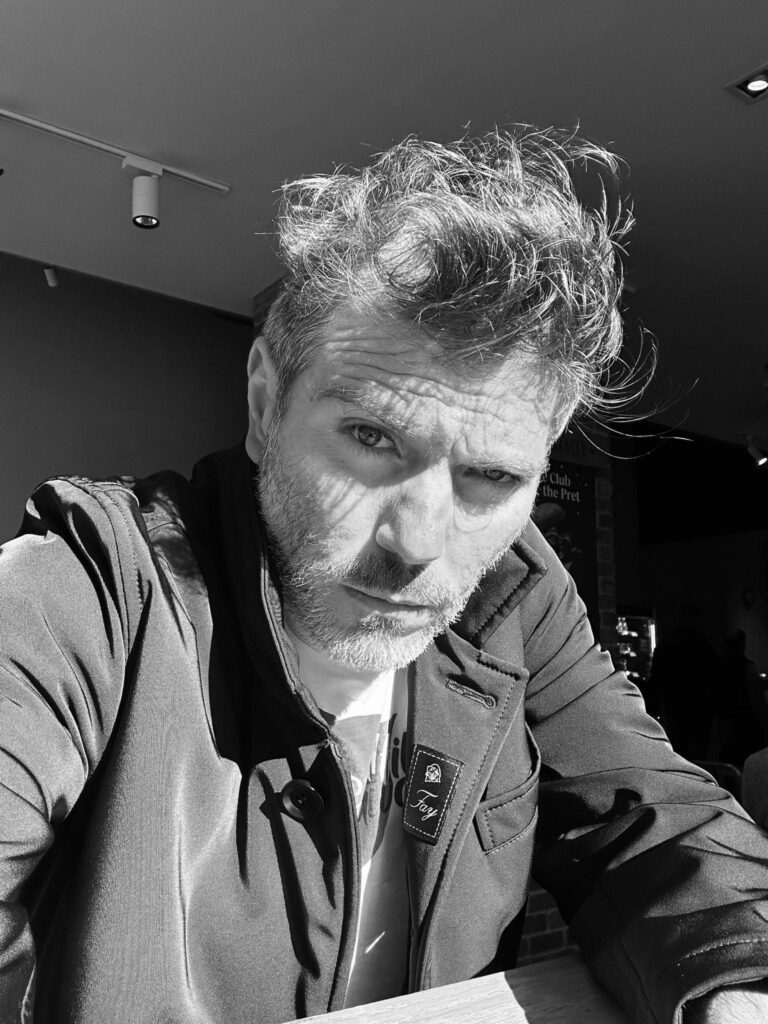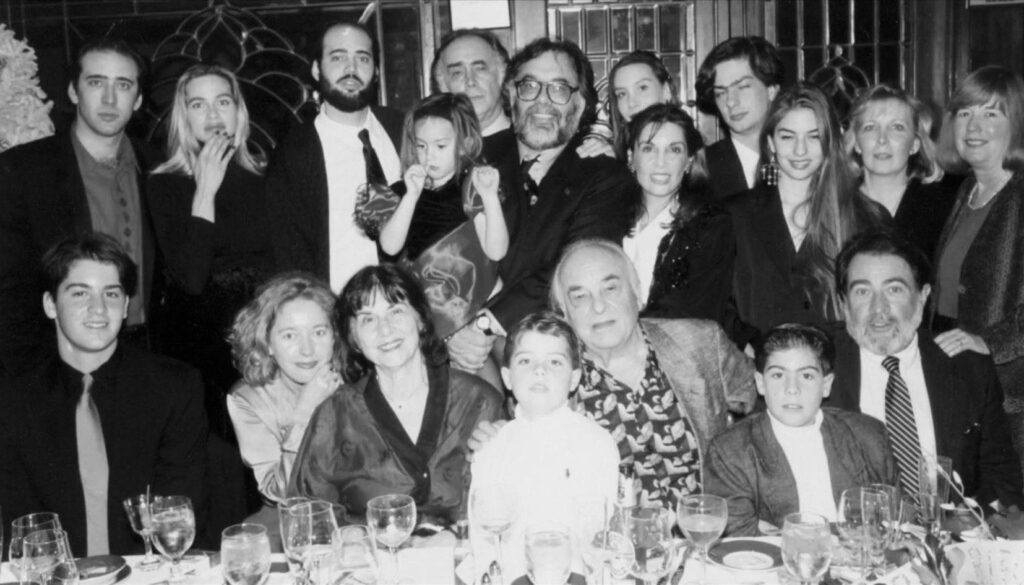
By Michele Diomà
“Apocalypse Now,” “The Godfather,” “Rumble Fish,” and the highly anticipated film of 2024, “Megalopolis,” are just a few of the titles that have made Francis Ford Coppola one of the most beloved directors of all time.

While his cinema is admired worldwide, few know the origins of the Oscar-winning founder of American Zoetrope, the company that produced “The Family Whistle.”
With this documentary/confession of exceptional historical value, everyone can now discover the cultural references that inspired Francis Ford Coppola and allowed him to create his masterpieces.
“The Family Whistle” takes viewers on a journey into memory with unpublished testimonies from Francis Ford Coppola himself, his daughter, the director Sofia, the highly successful actress Talia Shire, sister of the director of “The Godfather,” his nephew Christopher Coppola, and other personalities who have played central roles in the life and formation of the great director.
Why is “The Family Whistle” a necessary project to see for anyone who loves great cinema?

Throughout history, from the times of Georges Méliès, the artists who have written fundamental pages in cinema history were those who dared to experiment and had the ambition to create an original style.
This innate trait has always belonged to Francis Ford Coppola, who, multiple times in his career, risked bankruptcy to create films without betraying his inspiration.
Ideas that have generated myths of pop culture, such as the characters portrayed by Marlon Brando and Al Pacino in “The Godfather,” actors whom Coppola found difficult to cast in 1972, given the production’s reluctance to have them in those roles.

Thanks to the rare nature of the director as a fighter, today, at 84, Francis Ford Coppola, personally investing around $120 million, is ready to return to the forefront of contemporary cinema with “Megalopolis.”

Only by watching “The Family Whistle” can we understand which man Francis Ford Coppola was inspired by to always risk everything to achieve his cinematic ventures.
Without the example of Agostino Coppola, an immigrant from southern Italy in the early 1900s, we would not have the masterpieces signed by Francis.
Who was Agostino Coppola?
Agostino’s story begins like many others, a man searching for a better life who emigrates to the United States, the land of opportunities.Creative, courageous, and with a strong desire for redemption, Agostino Coppola, despite coming from a disadvantaged economic condition and speaking English poorly, managed to integrate into American society and give rise to a true dynasty of artists. This dynasty includes the Oscar-winning composer Carmine Coppola, Francis’ father, the Oscar-winning actor Nicolas Cage, the professor August Coppola, the radio speaker Marc Coppola, the producer Roman Coppola, the director Gia Coppola, as well as the already mentioned Talia Shire, Sofia Coppola, Christopher Coppola, all protagonists of the international cinematic scene.
The story of Agostino Coppola bears many similarities to the fable of The Little Prince, the literary masterpiece by Antoine de Saint-Exupéry. The dream of flying higher and higher is common to both stories, teaching us how important it is to always have the courage to be honest with oneself before being honest with others.

You cannot lie to yourself if you want to create a great work of art. As the Little Prince says, “The essential is invisible to the eyes.“
Every true artist tries to tell “that essential,” their soul, which the camera has the magical power to capture.
How did “The Family Whistle” come to life?
“The Family Whistle” is directed by Michele Salfi Russo, an Italian filmmaker and actor who discovered at a very young age that he was related to Francis Ford Coppola.Michele spent several years trying to get in touch with the great American director, a feat he achieved after various difficulties.

A great friendship was born first, followed by an artistic collaboration, which allowed Michele Salfi Russo to become part of the prestigious cast of “The Godfather Part III.” A partnership that years later gave birth to “The Family Whistle,” a documentary that begins in the small town of Bernalda, from which Agostino Coppola left in the early 1900s and culminates in Hollywood.

Selected at the Cannes Film Festival, in the history of cinema documentaries section, “The Family Whistle” continues to win awards worldwide, like the very recent 8 & Halfilm Award, awarded in January 2024, a prize dedicated to the Indie scene whose name is inspired by the masterpiece directed by Federico Fellini.


“If you love great cinema, watching “The Family Whistle” will make you feel like part of that Family.”
